On 19 April 2017, in the afternoon, at the Centro Santa Fè of San Paolo (Brazil), forty-eight participants, made up of Camillian religious and their lay co-workers, came together for the third international symposium of Camillian parish priests and ‘rectors’. They represented about fifteen nations and various Provinces and Delegations of the Order.
The proximity of the Church was borne witness to by the fraternal visit of the Archbishop of San Paolo, Msgr. Odilo Pedro Cardinal Scherer, and by the presence amongst us, for the whole of the meeting, of our Camillian religious Msgr. Prosper Kontiebo, the Bishop of Tenkodogo in Burkina Faso. Their presence alone reminded us that every form of ministry of ours, in particular parish ministry, always belongs to the context of communion with the local Church and the universal Church.
Moments of analysis and the sharing of views on the identity of a parish with a ‘Camillian’ profile followed one another: the Camillian parish as an ‘open hospital’, knowing, loving and serving above all the poorest sick people, between kononia (a setting of communion), kerigma (proclaiming the Word of salvation), and diakonia (mission and the service of charity).
The goal of the meeting was to draw up guidelines that could accompany the mission of those Camillians to whom is entrusted responsibility for the pastoral care of a parish, so that, in continuing to live fully the Camillian charism, they help to form ‘Camillian’ Christian communities, being sensitive to people who suffer and to their members who are most in need. The activities engaged in by Camillian religious must have their specificity because – as Pope Francis says – a shepherd must give off the ‘smell’ of his sheep, but the sheep must also breathe in the ‘smell’ of their shepherd.
In the context of an increasingly marked cultural and religious pluralism, how can we proclaim the good news of Jesus Christ, the merciful face of the Father? Our parish communities are called to be ‘communities of communities’ that are able to welcome and to listen to the fears and hopes of people, their questions and expectations (cf. Gaudium et Spes n. 1), including those that are not expressed, above all when they accompany the difficult and apparently meaningless season of illness, frailty, old age, and loneliness. These communities are also called to be able to offer courageous witness to, and a credible proclaiming of, the truth, who is Christ, who once again, through our gestures and our words, ‘exhorts, encourages, touches, takes by the hand, and walks with’, achieving the great liturgy of the complete salvation of man.
A ‘missionary’ parish is made up of ‘missionary disciples’ of the Lord who, in the variety of their gifts and charisms (priests, religious, lay people), place themselves at the service of the faith of people, of all people, who are to be reached – within their personal histories – in the dimensions of their affections, work and rest, and the dimension of human and spiritual formation. These missionary disciples should also keep strong in their agendas of pastoral care the prospect of animation and the promotion of vocations, above all amongst young people. We have here an ‘open hospital’ that welcomes, cares for, and re-launches a person at every stage of his or her history, and involves – offering suitable formation – all the components of the community in this work of care: from life that is being born to frail life that suffers and dies; and from the family that forms and divides amidst a thousand difficulties and tensions to responsibility at the level of education, in a constant dialogue with all the ecclesial, social, educational and health-care realities of the local area.
‘Camillian’ parishes must continue to assure the popular dimension of the Church, renewing its connections with the local area in its concrete and multiple social and cultural dimensions: we need parishes that are ‘open homes’ for everyone which – with a sober and determined style – take care of the poor, and work with other social forces and with institutions for the promotion of a healthy anthropological culture in this epoch of ours which is characterised by a ‘throwaway culture’ (cf. Pope Francis).
‘Camillian’ parishes, as well, need ‘new’ protagonists’: a community that feels completely responsible for the Gospel, with pastors who are sensitive in promoting charisms and ministries; supporting the formation of lay people, with their associations; creating spaces of real participation, with special concern for those who are active in the health-care world, social voluntary work; and promoting social welfare. This is not an easy role, but it is an exalting one. To be its protagonists is a gift of God. It should be lived together in a ‘high’ spiritual atmosphere. This is also asked of us by the Lord who, as he did with Paul, continues to repeat to each one of us: ‘Do not be afraid, but speak and do not be silent…for I have many people in this city’ (Acts 18:9-10). And it is also asked of us by the insight of our Founder St. Camillus who wanted to have a ‘thousand arms’ to be able to reach and serve the greatest possible number of sick people and poor people, especially those whom he considered the ‘mare magnum’ – those who experienced suffering, and often the drawing near of their deaths, in their homes.
From the dialogue about our various experiences of these days, we understood that ‘the’ ‘Camillian’ parish does not exist – many such parishes exist and they have many faces, according to their size and their location, their histories and their resources, and the geographical contexts in which they operate. However, we are of one in believing that some basic approaches, which define the ‘Camillian’ countenance of these parishes, should be cultivated and implemented: hospitality, search, and identity. Hospitality involves knowing how to give space to those who are – or who feel – after a certain fashion outsiders, or even foreigners, in relation to the parish community, but who bring all their malaise and the difficulties of their search in their faith but also in their lives and their relationships. Search for those people who no longer cultivate questions about God, or those whom physical, relational and spiritual suffering have placed in a state of apathy towards life itself, should help us to avoid closing ourselves up in forms of self-referential ministry so as to experience ministry that is permanently moving ‘outwards’ (cf. Pope Francis).
However, it is of no avail to welcome and search if we then have nothing or little to offer. Here there comes into play the identity of faith, of hope and of charity that must transpire from our words and our deeds. The social ‘success’ of a parish must not beguile us: constant reference to our charism and Camillian spirituality, and to our religious fraternity, must constantly purify our deep motivations and what we do so as to be able to share the happiness and the sufferings of every human creature. A sharing supported by that ‘hope [that] does not disappoint’ (Rom 5:5). Because Christian hope has this characteristic: it is hope in God. It is God who is the foundation of our hope and of our commitment to renewing parishes so that they can bear witness and know how to spread Christian hope in daily life. This dynamic is what, in the end, gives meaning to the lives of ‘Camillian’ parishes. In them, a sign is recognised, amongst the homes of men, of that ‘house of mercy’ that is at the same time the house of the Father who waits and restores the dignity of the son who returns (Lk 15:11-32). But it is also that inn to which the Good Samaritan takes the wounded ‘unfortunate man’ and also asks other people to work with him to achieve that man’s cure and his salvation (Lk 10:25-37).
We express especial thanks to all our Camillian religious who dedicate themselves in a Samaritan way to this ministry in the Church, also cultivating the commitment to, and the hope of, generating new Camillian vocations through their witness. This parish activity is not a marginal ministerial dimension – as it was until a recent past – but a form that should be appreciated by our Order and lived with great pastoral creativity.
We express feelings of gratitude to our religious of the Camillian Province of Brazil who agreed to host this meeting, accompanying us with a very rigorous organisation and with profoundly warm fraternity.
We pray that St. Camillus will continue to protect you and inspire you in your mission and that the experience of the maternal tenderness of Mary, Mother of the Lord, will spur you to be instruments of the love and the mercy of God.
San Paolo (Brazil), 19-23 April 2017



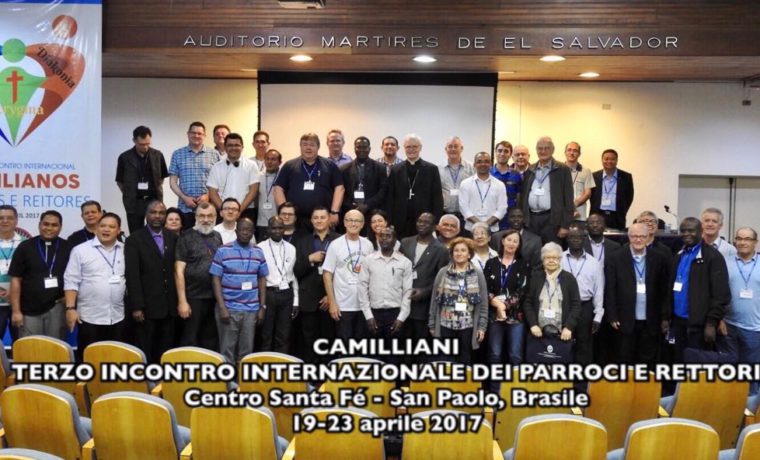
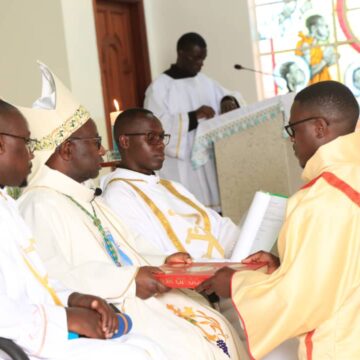

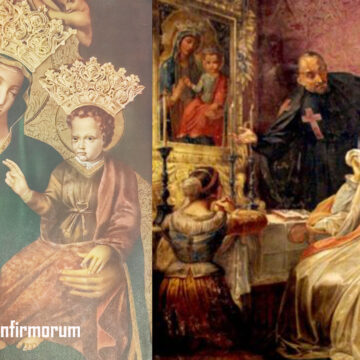
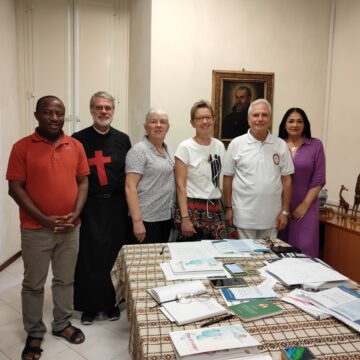

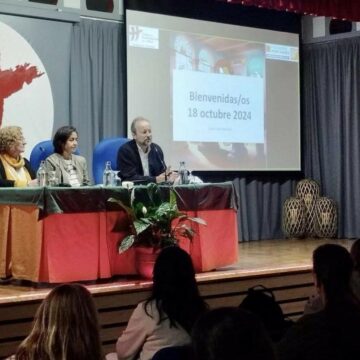
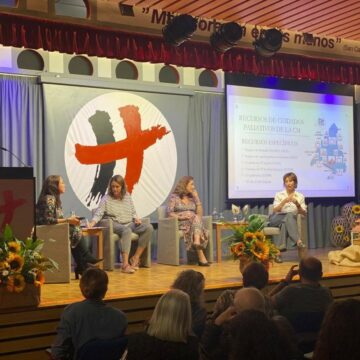
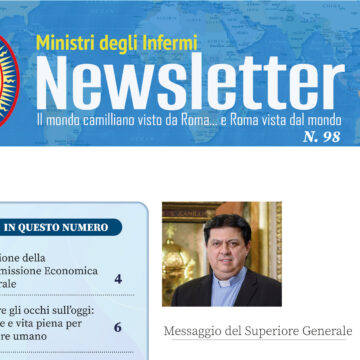
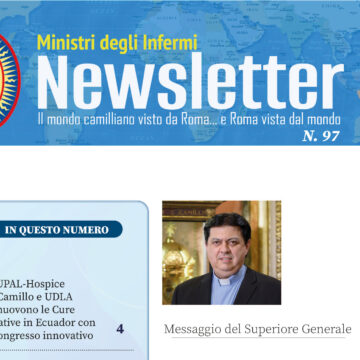
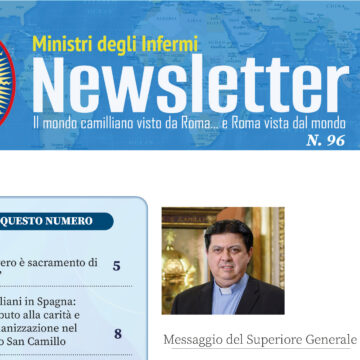
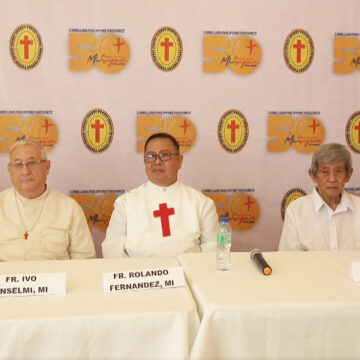
Camillians on Facebook
Camillians on Twitter
Camillians on Instagram